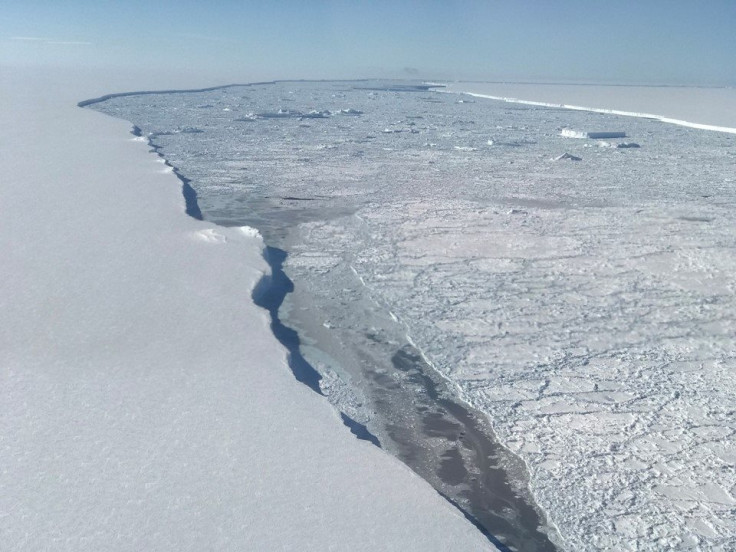Antarctic ice melt: Calculating the actual extent of sea level rise may not be possible until 2060
Even if we keep to the Paris accords, sea levels will rise by at least 2 feet.

It could take until the year 2060 to accurately predict how much sea level will rise by the end of this century. There is a wide range of outcomes that global sea level rise could bring about and either way, the outcomes are not exactly positive for the planet.
A study conducted by Rutgers University-New Brunswick has found that, on the less severe end, sea levels could rise by two feet. While that does not seem like much, it will displace at least 100 million people around the world. On the more severe end of the estimate, researchers believe that global sea level rise could be around six feet, swamping the homes of over 150 million people, reports a phys.org (PO).
What the study found out, however, is that there is no accurate way to tell where on this range the actual rise will be if the measurements include large scale phenomena such as the Antarctic ice sheets melting. These are scenarios that the planet is not likely to face till the 2060s.
The study has recommended that coastal cities and settlements have contingencies for a broad range of outcomes nearing 2100, notes the report. "There's a lot of ambiguity in post-2050 projections of sea-level rise and we may have to live with that for a while," said Robert E. Kopp, the study's lead author, from Rutgers.
"We could end up with 8 feet of sea level-rise in 2100, but we're not likely to have clear evidence for that by 2050," he added.
By sticking to the Paris Agreement where net greenhouse gas emission is brought down to zero by the 2050s, it is actually possible for the world to stay at the low end of the sea level rise, the study found.
Rising sea levels is a real and existential threat to coastal cities, said Kopp, so city planners, environmentalists, and property owners need to take this issue seriously. Apart from permanently submerging coastal cities, high sea levels will increase the intensity of flood damage from hurricanes and storms, he explained.
"The widespread loss of Antarctic ice shelves, driven by a warming ocean or warming atmosphere, could spell disaster for our coastlines- and there is sound geological evidence that supports what the models are telling us," said Robert M. DeConto of the University of Massachusetts Amherst, a co-author of the study.





















